Visit The Museum And Dine At Tangata!

We are expecting about two inches of rain!

Coming down in buckets!

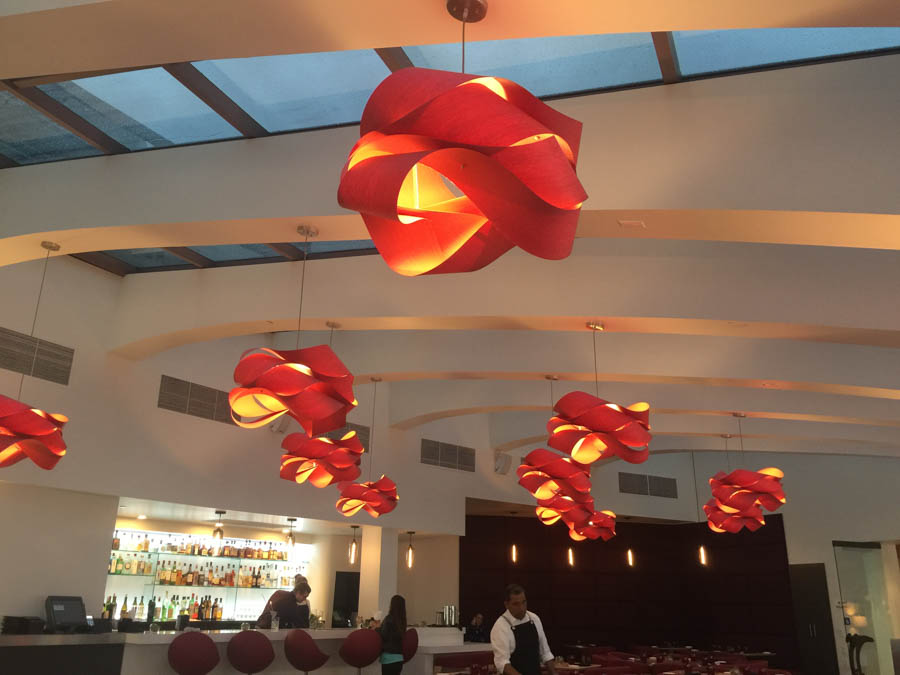
The newly designed interior was super!

The new interior featured soft chairs and bright colors with interesting lighting

Greg explains life!
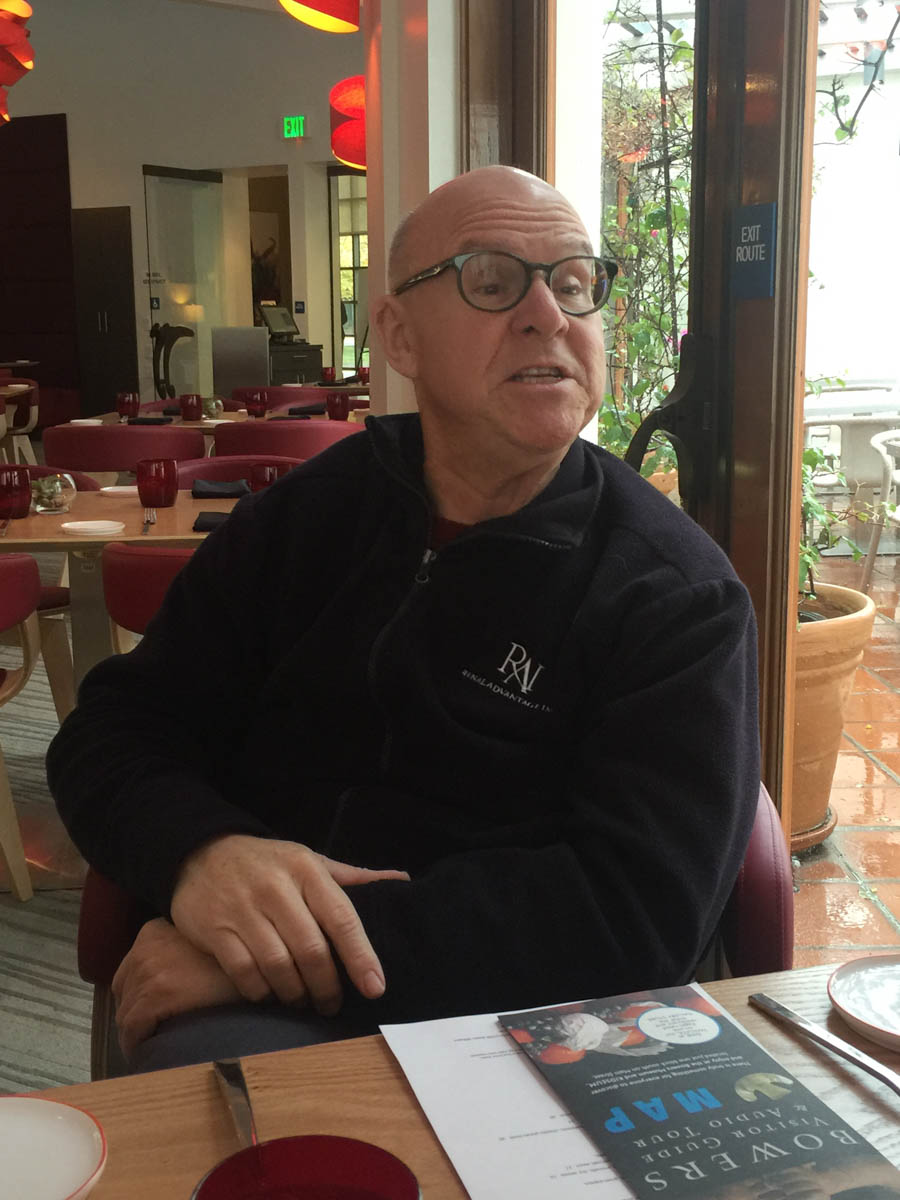
He is having second thoughts!

Joe joined us for lunch! Made it a special day!


No cameras so... No pictures...
Did You Know? - Red, with its brilliant hue and broad cultural history, has inspired artists' imaginations and seduced viewers for millennia. Artists and dyers for centuries strived to find the color source to rival the best reds of nature, and to express the spirit, symbolism and sustenance of life.
Their quest ended in the Aztec marketplace of 16th-century Mexico, where Spanish explorers encountered the American cochineal bug. The Red that Colored the World translates the cochineal story into three dimensions, following the precious bug juice and its use in art from Mexico to Europe to the U.S. and beyond. Highlighting over 100 objects-textiles, sculpture, paintings, manuscripts, decorative arts, clothing and more- the exhibition explores the history of cochineal and the seductive visual nature of red. The objects reflect the unique international uses of color, revealing its role in the creative process and the motivations of artists in their choice of materials.
This exhibition was organized by the Museum of International Folk Art, Santa Fe, New Mexico, USA, and made possible by the generous support of the National Endowment for the Humanities and circulating through Guest Curator Traveling Exhibitions.


Baskets anyone?

The Flying Cloud!
Did You Know? - Flying Cloud was a clipper ship that set the world's sailing record for the fastest passage between New York and San Francisco, 89 days 8 hours. The ship held this record for over 100 years, from 1854 to 1989.
Flying Cloud was the most famous of the clippers built by Donald McKay. She was known for her extremely close race with Hornet in 1853; for having a woman navigator, Eleanor Creesy, wife of Josiah Perkins Creesy who skippered Flying Cloud on two record-setting voyages from New York to San Francisco; and for sailing in the Australia and timber trades.
Flying Cloud is popularly called an extreme clipper, as are many of Donald McKay's ships, but as her dead rise was less than 40" she was not. Donald McKay built many fast clipper ships but only one, Stag Hound was an extreme clipper, even if others may have been advertised as such. It was popular to advertise clippers as "extreme" because of the popular conception of speed.
Flying Cloud was built in East Boston, Massachusetts, and intended for Enoch Train of Boston, who paid $50,000 for her construction. While still under construction, she was purchased by Grinnell, Minturn & Co., of New York, for $90,000, which represented a huge profit for Train & Co



Did You Know? - The pier was originally known as McFadden Wharf when it was completed in the summer of 1888 by local landowners James and Robert McFadden. The wharf served as a shipping connection for the McFaddens to offload lumber, hides and other merchandise.
In 1890, they connected it to the Santa Ana and Newport Railway for commercial transport into Orange, San Bernardino, and Riverside Counties.
The McFaddens sold the site in 1902 to W.S. Collins, who began to transform the area for residential and recreational use.
The expansion of the Los Angeles passenger railway system to the wharf in 1905 catalyzed the development of the city of Newport Beach as a tourist destination.
In 1922, the pier was remodeled by the City of Newport and remained a shipping terminus until 1939 when it was destroyed in a hurricane

More information upstairs!

Don Pio Pico with wife and two daughters
Circa 1860

This exhibition explores a hidden phenomenon right inside of an Egyptian mummy mask! During the mask's first inspection at the museum, a photograph of the interior revealed the distinct impression of a human face. Help us as we investigate deeper into the mystery of how this extraordinary mask came to be by looking at its interior yourself.

Loads of material to study in this exhibit

"I want my mummy!"

We saw an apparition in the darkened room!

Sue was waiting for us to finish the exhibit!

The rain was still coming down!

Ouch! Headhunters?
Did You Know? - Headhunting is the practice of taking and preserving a person's head after killing the person. Headhunting was practised in historic times in parts of Oceania, South and Southeast Asia, West and Central Africa, and Mesoamerica, as well as among certain tribes of the Celts, the West Germanic tribes, the Vikings and Scythians of ancient Europe.
It occurred in Europe until the 19th century in Montenegro, Croatia, and western parts of Herzegovina and to the end of the Middle Ages in Ireland and the Anglo-Scottish border regions.
As a practice, headhunting has been the subject of intense discussion within the anthropological community as to its possible social roles, functions, and motivations. Themes that arise in anthropological writings about headhunting include mortification of the rival, ritual violence, cosmological balance, the display of manhood, cannibalism, prestige, and as a means of securing the services of the victim as a slave in the afterlife.
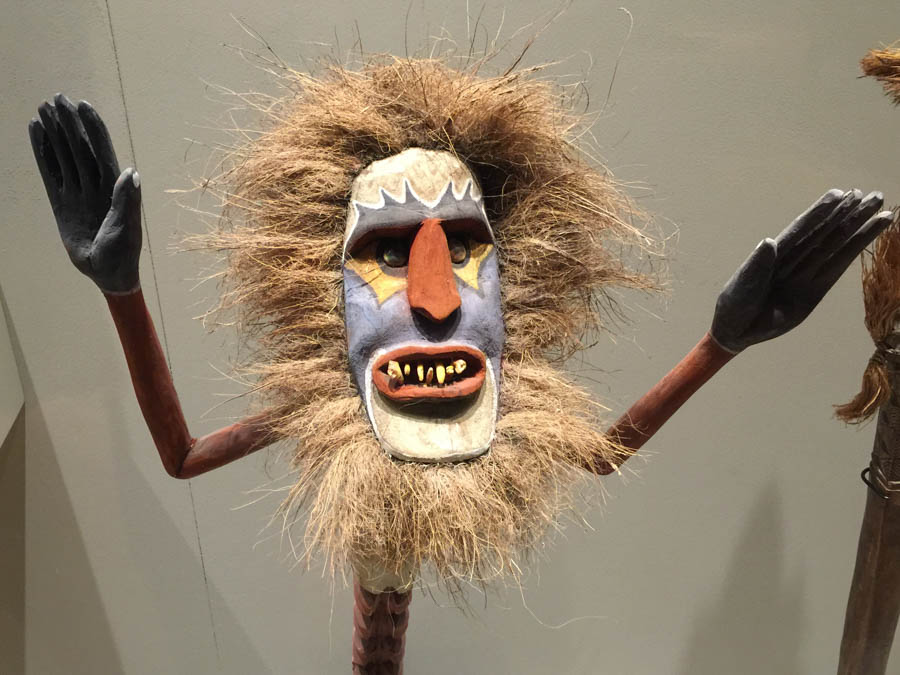
Greg was looking pretty good here!
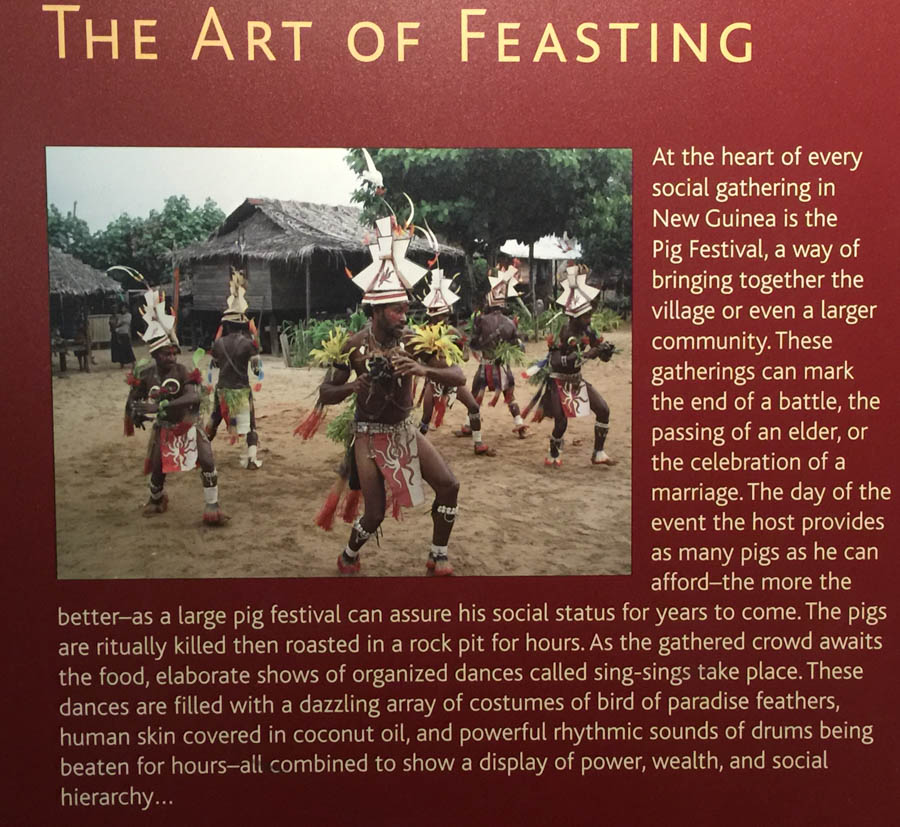
Feasting is an area which Greg and Paul are EXPERTS!!
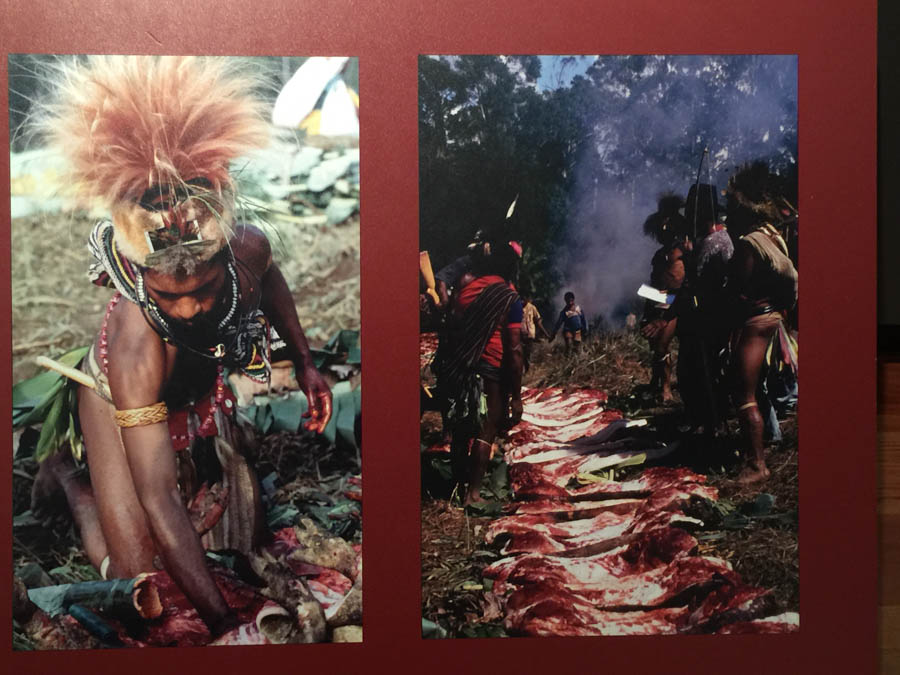
Pork anyone?
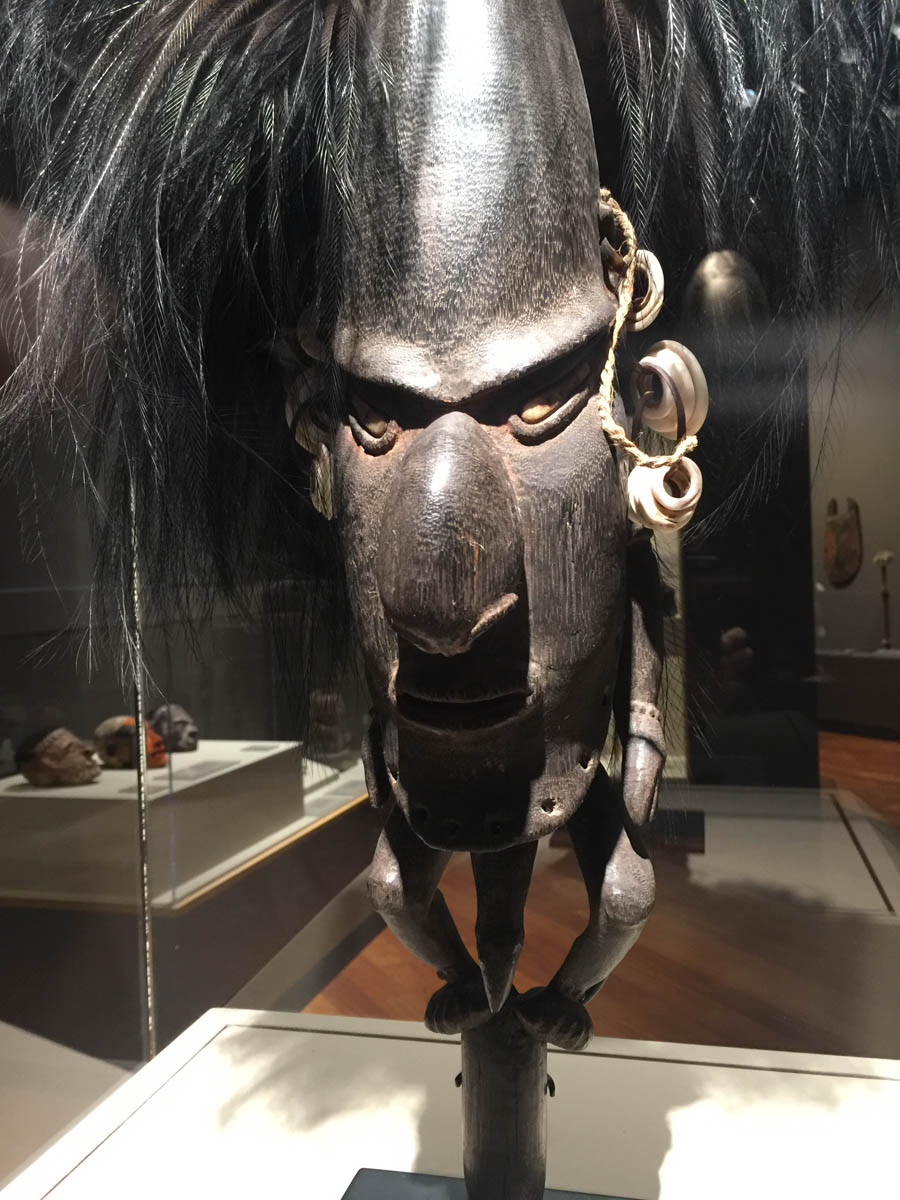
This little guys was unhappy... He missed the feast
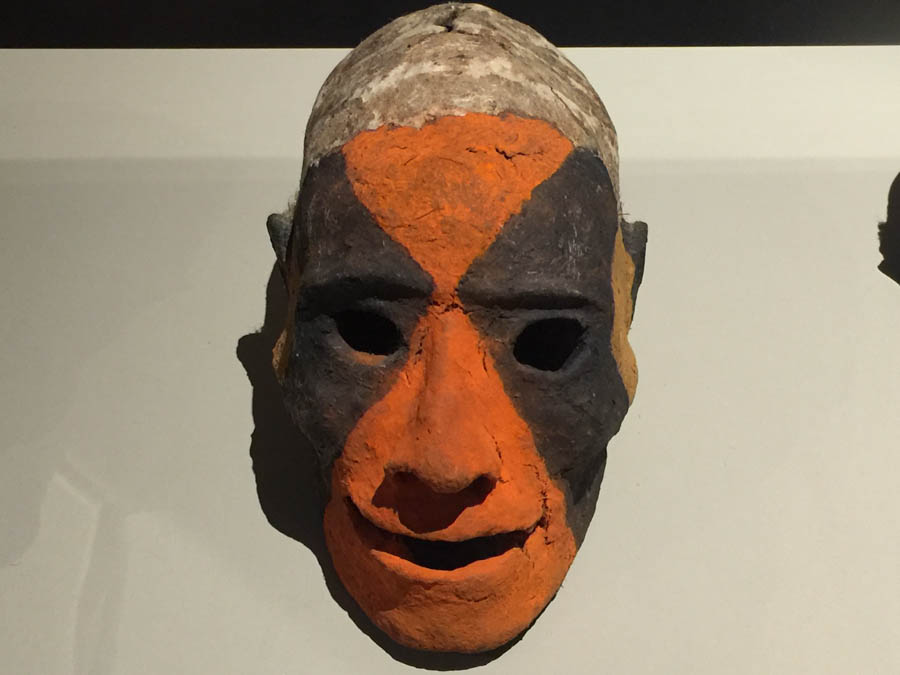
They us a real human skull for this "artwork"


Warfare was apparently a pastime for these people!

Maybe this was the cause of the term "Dressed To Kill!"

Grumpy

This is "money"


Paul decided to rest after the big lunch!

Handsome devil!
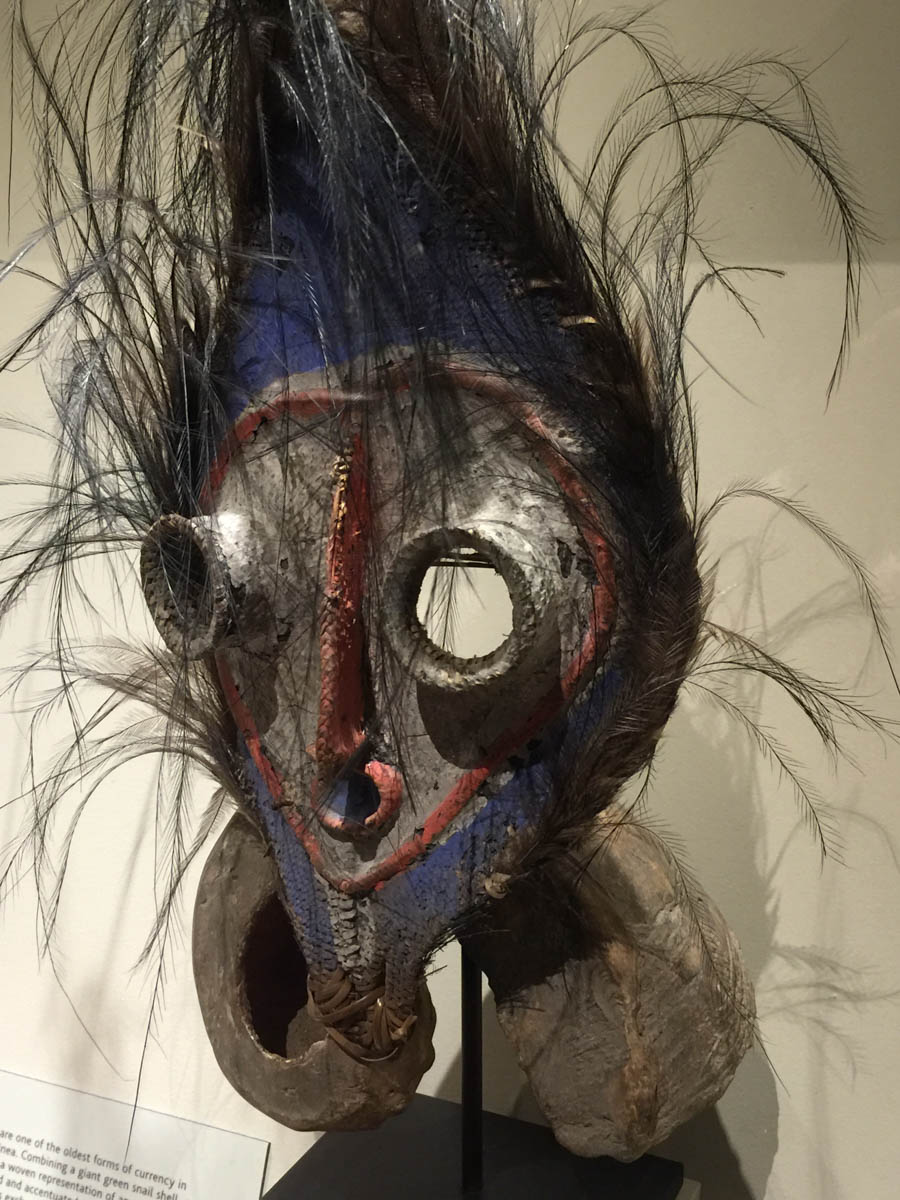
This was a Happy Face once upon a time!
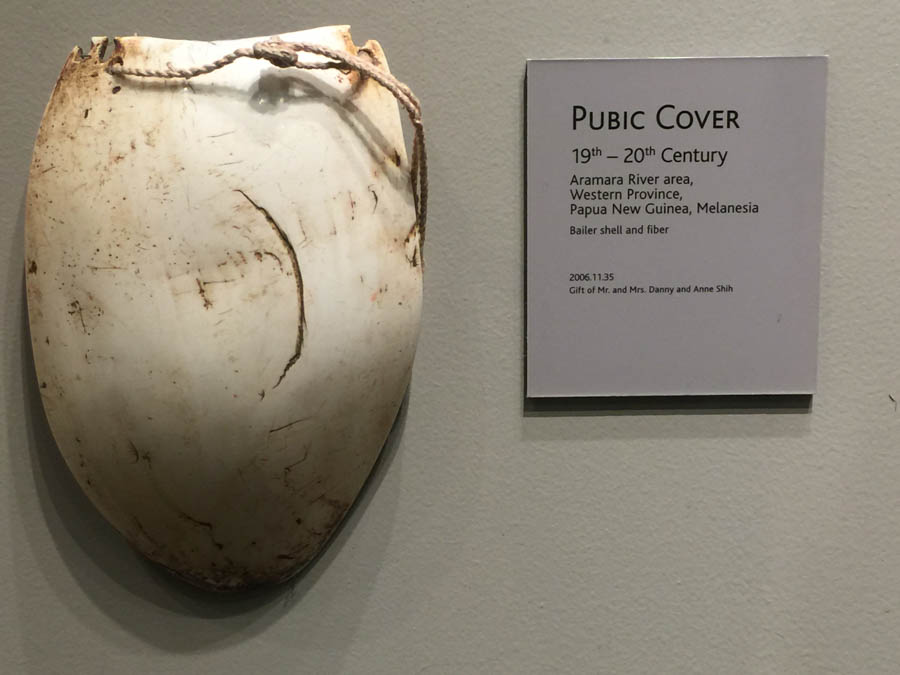
This was NOT the size Greg or Paul needed....
We were more used to 30 gallon steel cans!
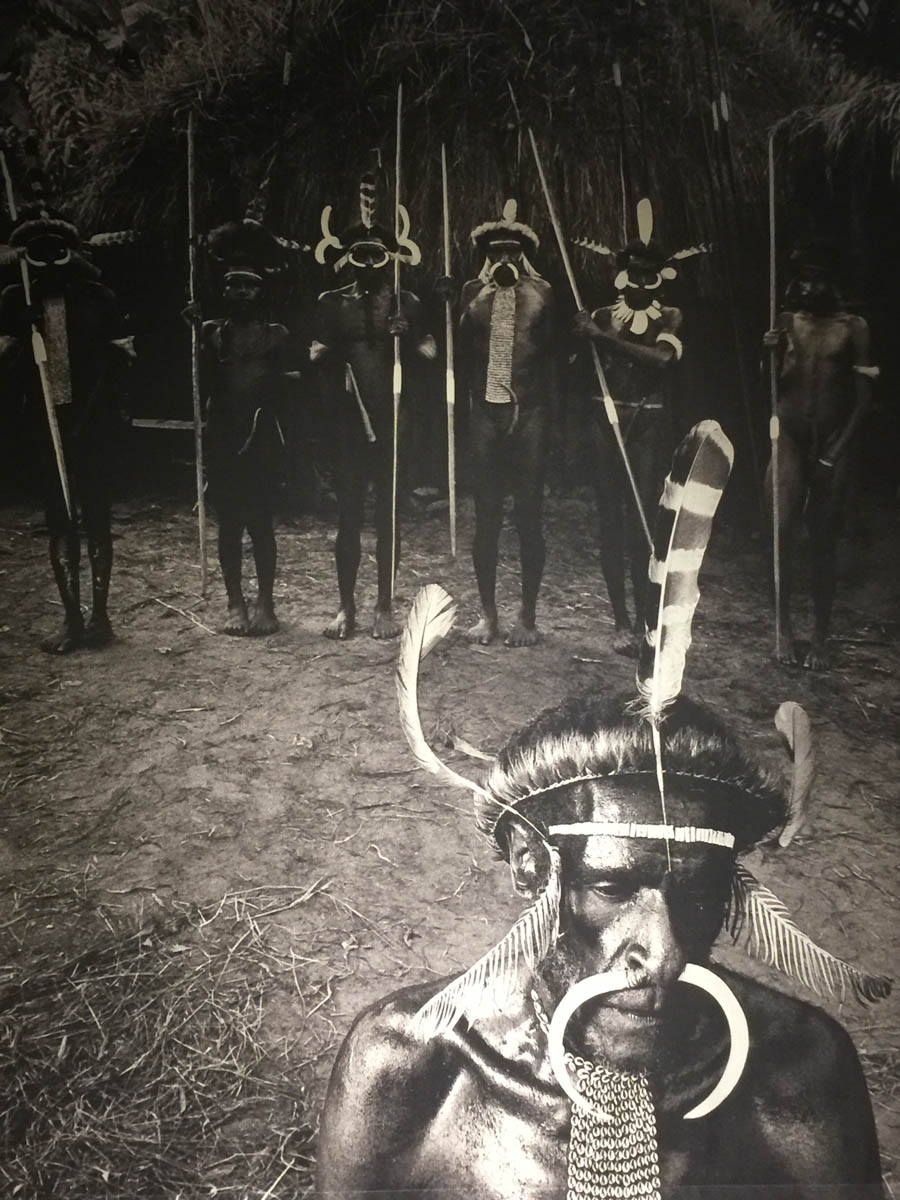
What to do with left over bones!


Time for the hot tub!

We calls him "Snake Eyes"

Smile... You're on candid camera!

"I am going to enter a beauty contest!"

This is a "Heads Up"


A scholars desk in China 1,000 years ago!

The army is ready to go!
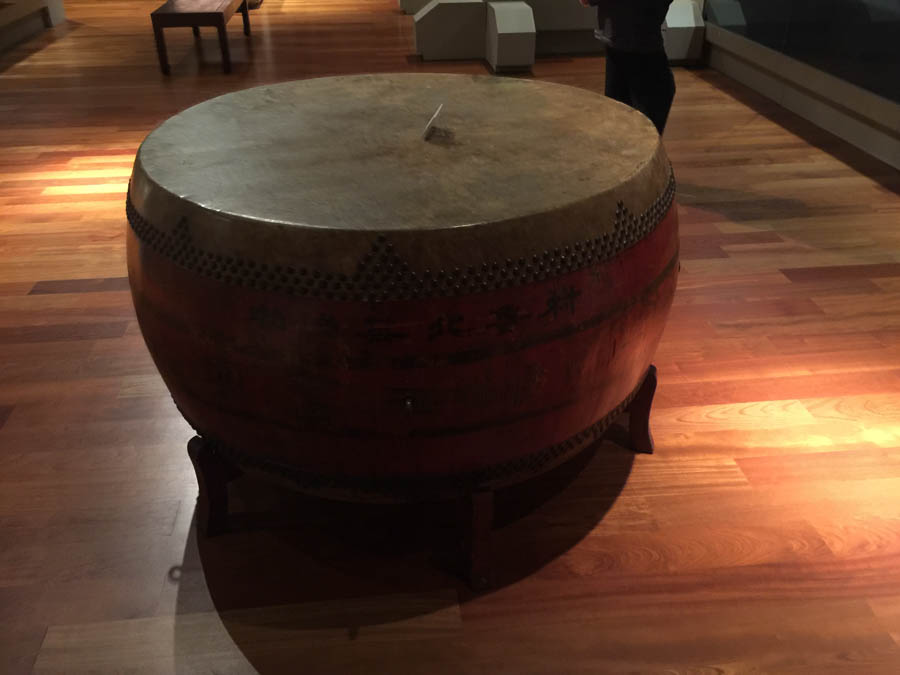
Perhaps we should drum up some business?

Sue studies the magnificent displays!
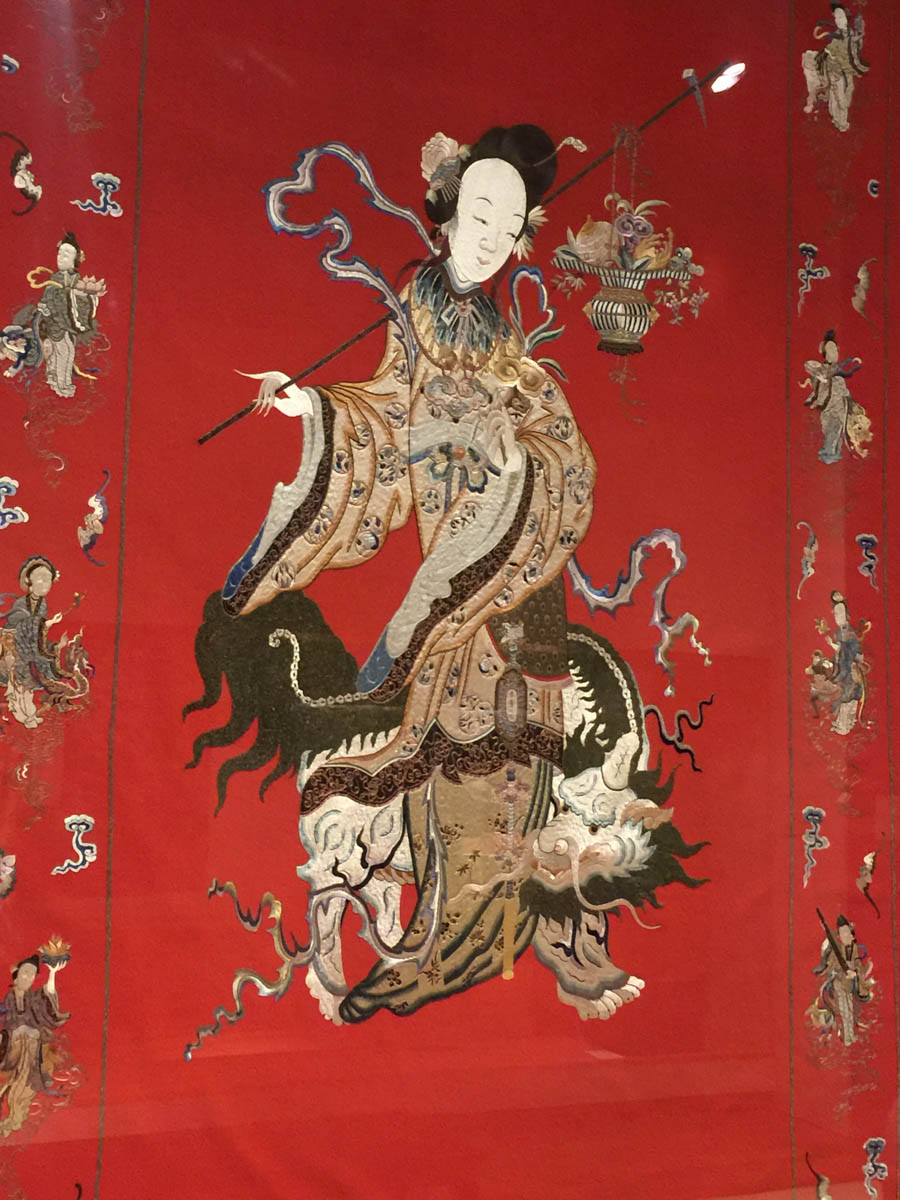
So much effort put into the artwork

Amazing intricate hand carvings!

Even the facial features are individual!

"Let's do battle!"
It's Off To Cafe St. Germain For A Glass Of Wine And French Onion Soup!


A delightful place to dine!
Did You Know? - Bistro St. Germain is located in the heart of Old Town Seal Beach on bustling Main Street. They offer traditional French cuisine prepared with the freshest seasonal produce from local markets, paired with a large selection of Wines and Beers from around the world. Oh, and the waitstaff are all A#1!!
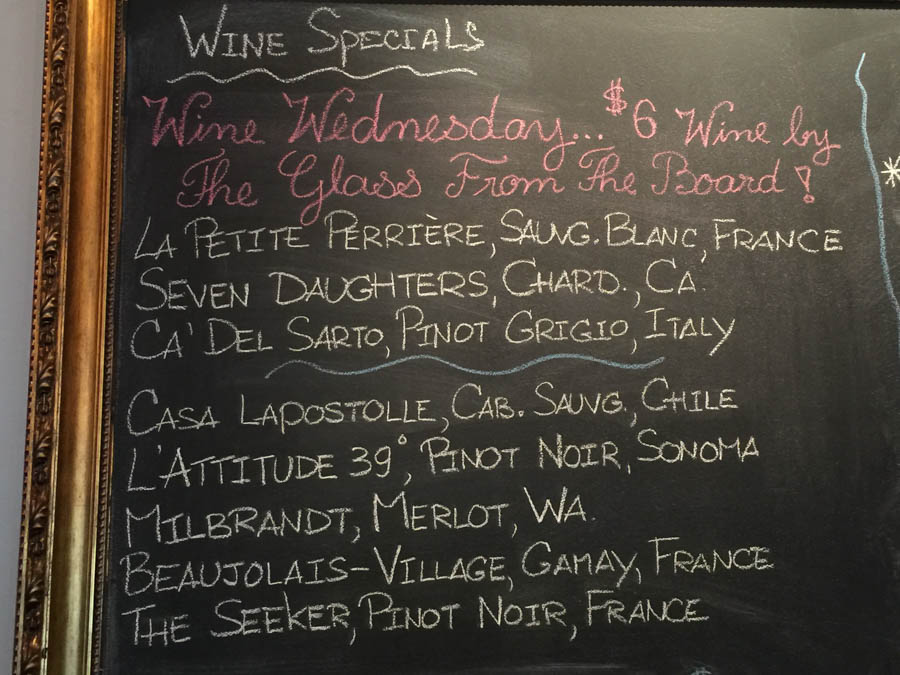
We ordered "Seven Daughters" and it was delightful!
